How Many Watts Does a Mower Use?
Maintaining a well-manicured lawn is a hallmark of a beautiful home. To achieve that perfectly trimmed grass, you rely on a lawnmower, which comes in various types - gas-powered, corded electric, and battery-powered. As energy efficiency and eco-consciousness become increasingly important, understanding the power consumption of these machines is vital.
In this article, we will explore how many watts lawnmowers typically use and introduce the role of portable power stations in optimizing your lawn care routine.
Understanding Watts in Lawnmowers
Before diving into the specifics of lawnmower power consumption, let's clarify what watts represent in the context of electrical power. A watt (W) is a unit of power that measures the rate at which energy is consumed or produced. In the case of lawnmowers, it quantifies the electrical energy needed to perform their task.
Now, let's delve into the power requirements of different lawnmower types and how they align with the concept of watts:
- Gas-Powered Lawnmowers:
Gas-powered lawnmowers have long been a staple for lawn care. They typically employ internal combustion engines running on gasoline. While these mowers are measured in horsepower (HP), you can convert this to watts. One horsepower is approximately 745.7 watts. So, if your gas-powered lawnmower has a 5 HP engine, it consumes about 3,728.5 watts during operation. Keep in mind that this figure can vary based on the specific model and engine efficiency.
- Corded Electric Lawnmowers:
Corded electric lawnmowers, known for their convenience and environmental friendliness, state their power rating in watts. On average, these mowers consume around 1,200 to 1,800 watts. Smaller models designed for smaller lawns might use about 1,200 watts, while larger, more robust models intended for extensive lawns can require up to 1,800 watts or more.
- Battery-Powered (Cordless) Lawnmowers:
Cordless lawnmowers are gaining traction due to their ease of use and reduced environmental impact. These mowers feature rechargeable lithium-ion batteries. Their power rating is also expressed in watts but can vary widely due to differences in battery capacity and efficiency. Cordless lawnmowers can range from 500 to 1,200 watts, depending on size and design.
Factors Influencing Lawnmower Power Consumption
Several factors influence the power consumption of lawnmowers, irrespective of their type:
1. Lawn Size and Grass Density: The size of your lawn and the thickness of the grass impact the energy required. Larger lawns or denser grass may necessitate a more powerful mower.
2. Mower Efficiency: The design and cutting mechanism's efficiency influence power consumption. Well-designed mowers often require less energy for the same results.
3. Blade Sharpness: Dull blades increase resistance and demand more power. Regular blade maintenance reduces power usage.
4. Terrain and Slope: Uneven terrain or steep slopes may require the mower's motor to work harder, increasing power consumption.
5. Mower Speed: Some lawnmowers offer variable speed settings, allowing for power savings when running at slower speeds.
6. Battery Capacity: Cordless mowers' battery capacity affects runtime. Higher-capacity batteries can handle larger lawns but may require more energy to charge fully.
7. Grass Type: The type of grass in your lawn can affect power consumption, with tougher, thicker grass demanding more power.
The Role of Portable Power Station for Lawnmowers

A portable power station can play a helpful role in powering a lawn mower in various situations, offering convenience and flexibility for lawn care. Here are some ways in which a portable power station can be useful for a lawn mower:
1. Remote Areas: If you need to mow a lawn in a remote area where there is no access to electrical outlets, a portable power station can provide the necessary power source. This is particularly useful for properties with large lawns or in rural settings.
2. Cordless Electric Mowers: Many modern lawn mowers are cordless and run on rechargeable batteries. A portable power station can be used to recharge the mower's batteries when they run out of power, allowing you to continue mowing without interruption.
3. Backup Power: In the event of a power outage, a portable power station can serve as a backup power source for an electric lawn mower. This ensures that you can still maintain your lawn during power interruptions.
4. Electric Trimmers and Tools: Aside from the lawn mower, you may also have other electric lawn tools like trimmers, edgers, or leaf blowers. A portable power station can power these tools as well, making it a versatile solution for all your lawn care needs.
5. Noise Reduction: Portable power stations are commonly quieter than traditional gas-powered generators, which can be beneficial if you want to reduce noise pollution while mowing your lawn, especially in residential areas.
6. Environmental Benefits: Using a portable power station to power electric lawn equipment is generally more environmentally friendly than using gas-powered alternatives. It produces fewer emissions and reduces your carbon footprint.
Conclusion
When using a portable power station for your lawn mower, it's essential to consider the power requirements of your mower and other lawn tools to ensure that the power station you choose can meet those needs.
Pay attention to the capacity (measured in watt-hours) and the types of outlets the power station provides. Some power stations offer multiple AC outlets and USB ports, making them suitable for various devices. Keep in mind that the runtime of your lawn mower or other equipment will depend on the capacity of the portable power station and the power consumption of the devices. Regularly recharge the power station as needed to maintain continuous operation during extended lawn care sessions.
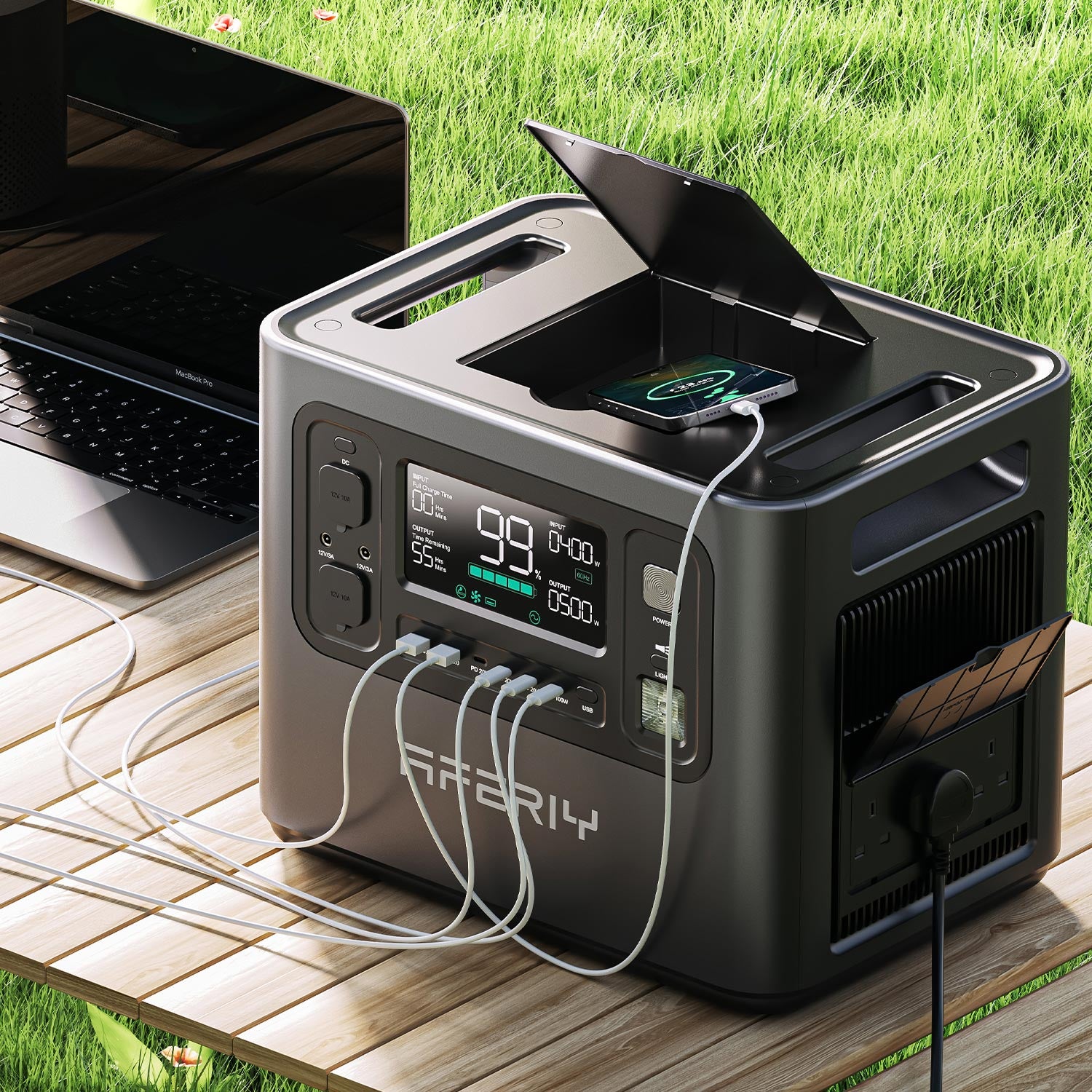
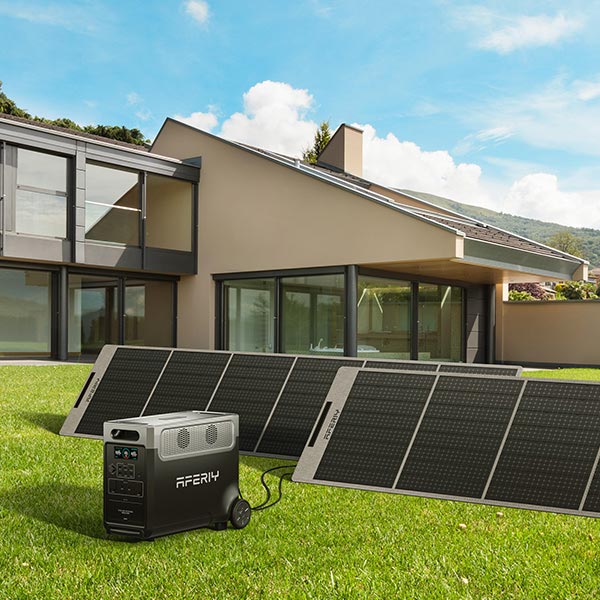
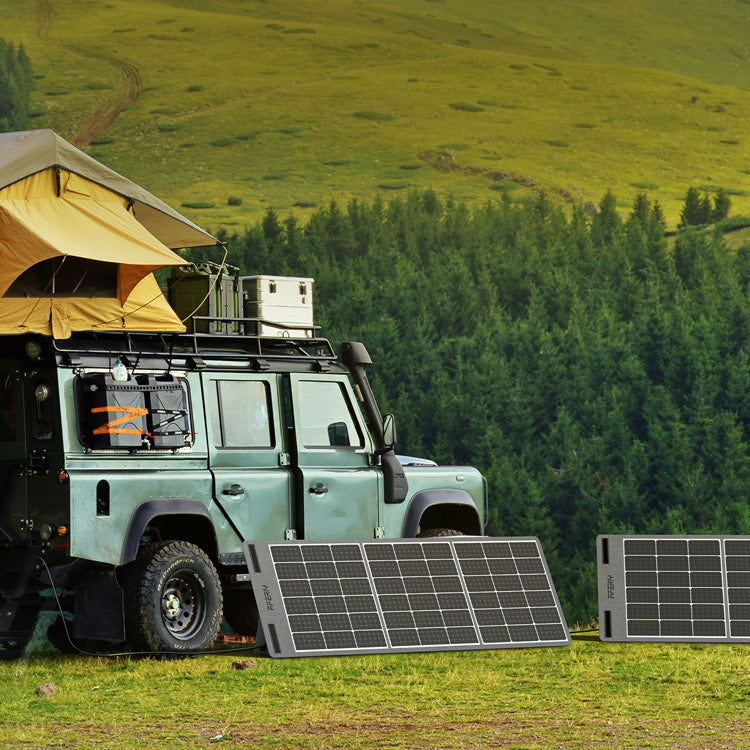
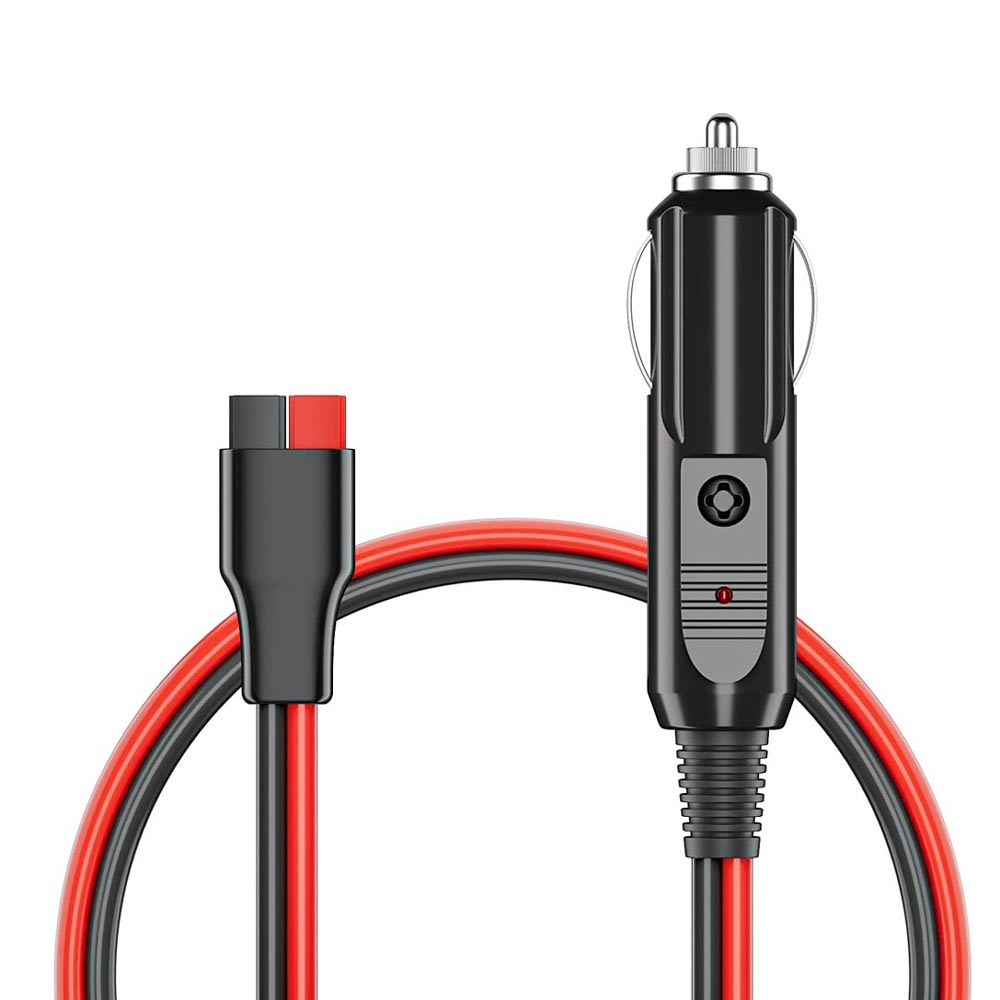
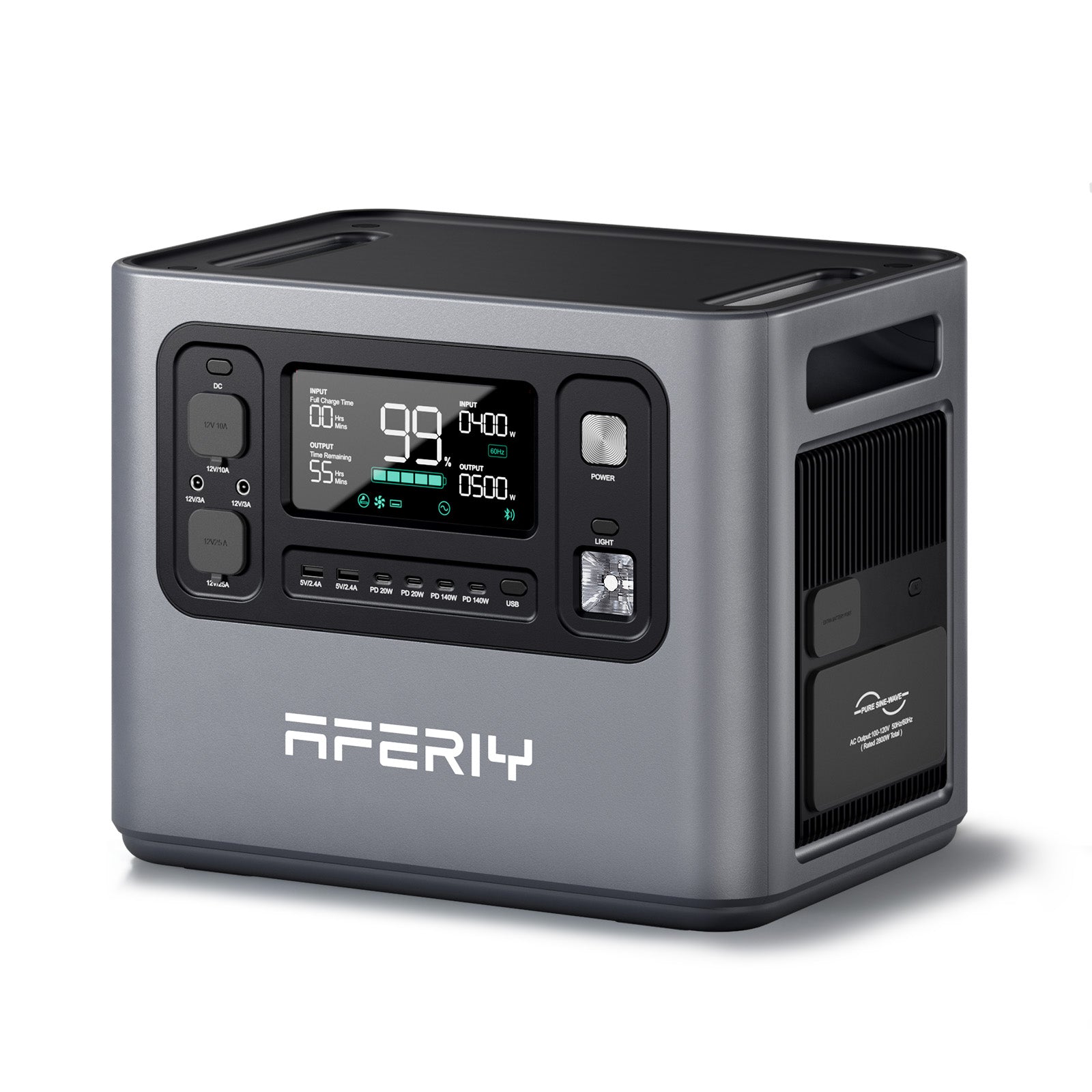
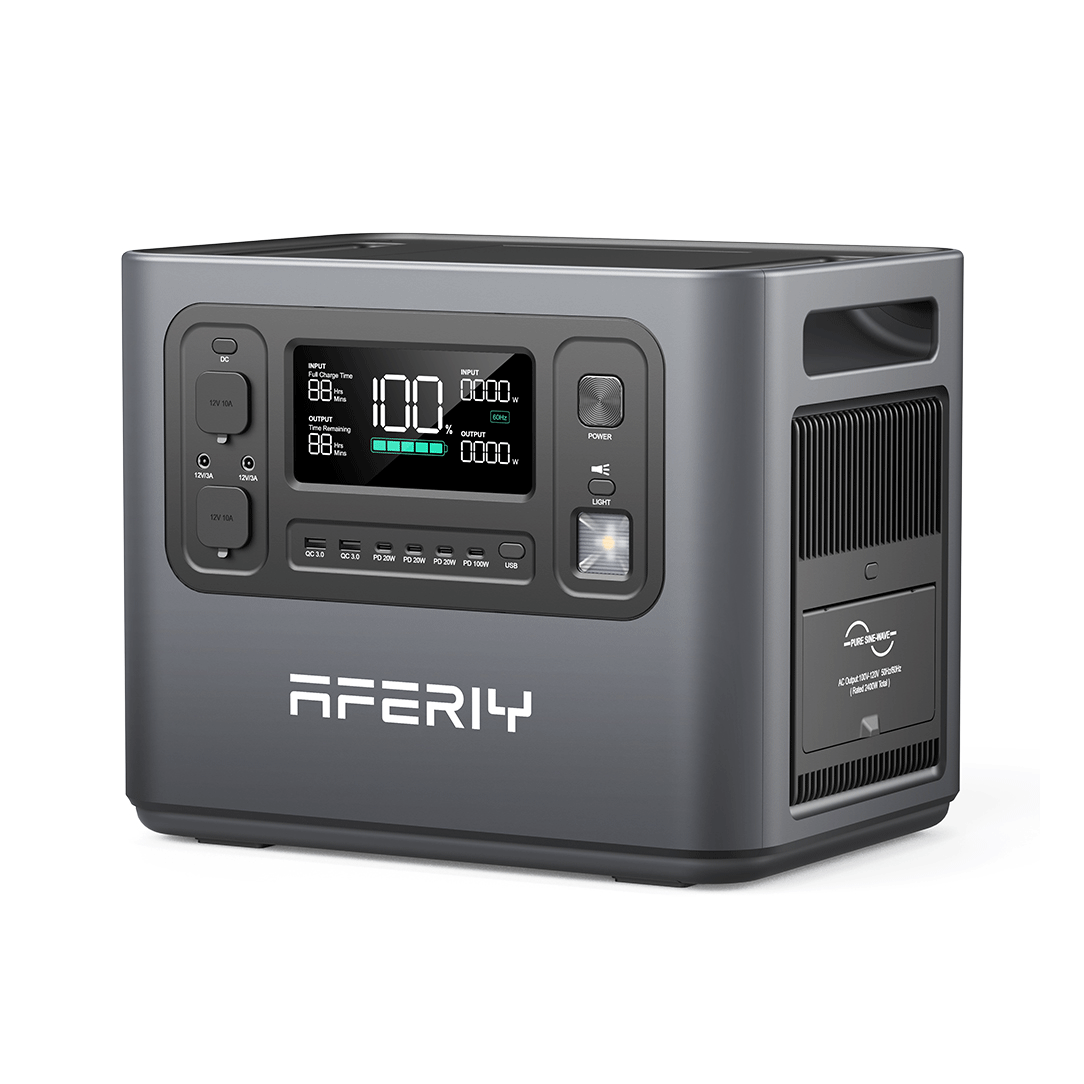
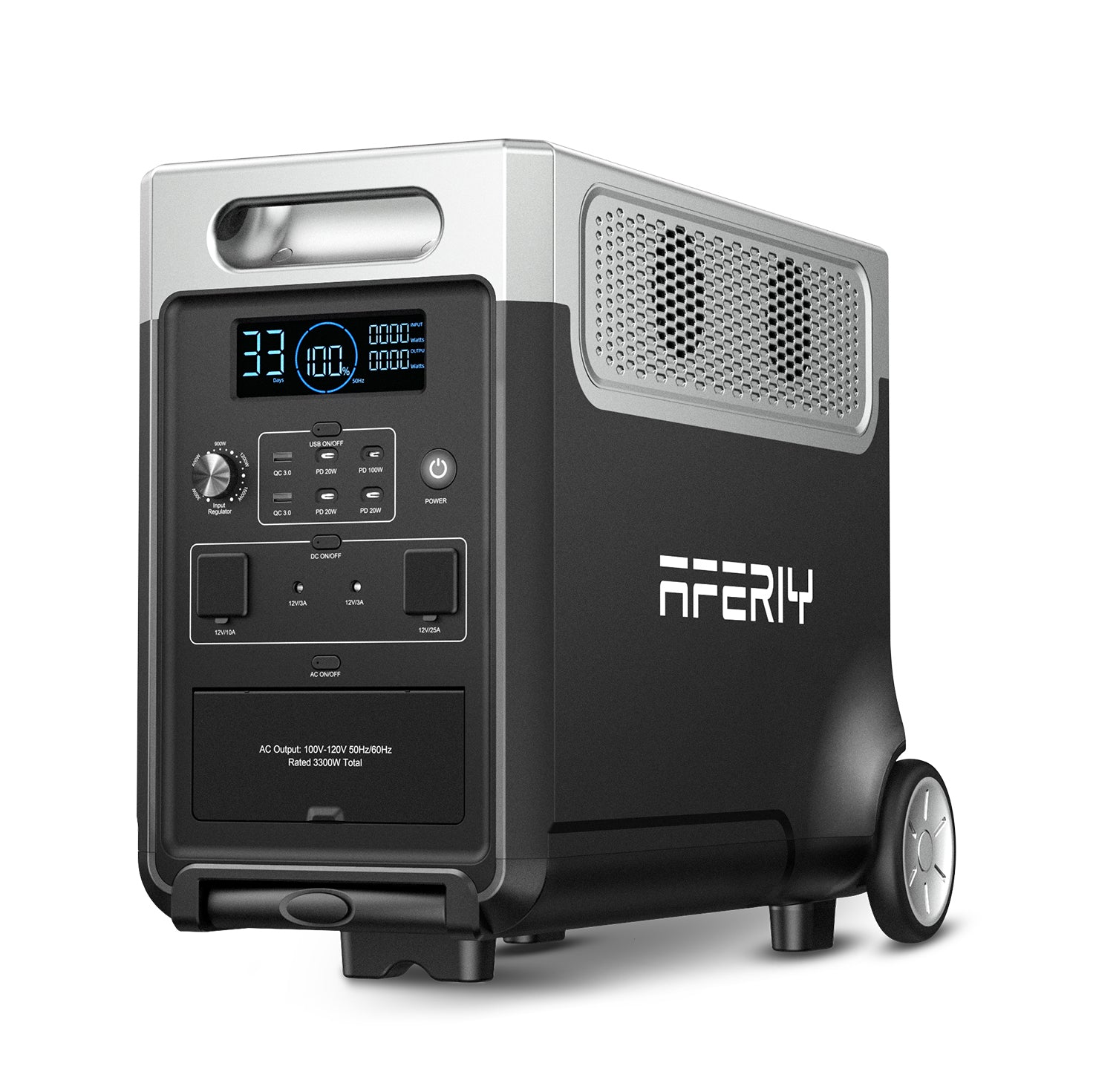
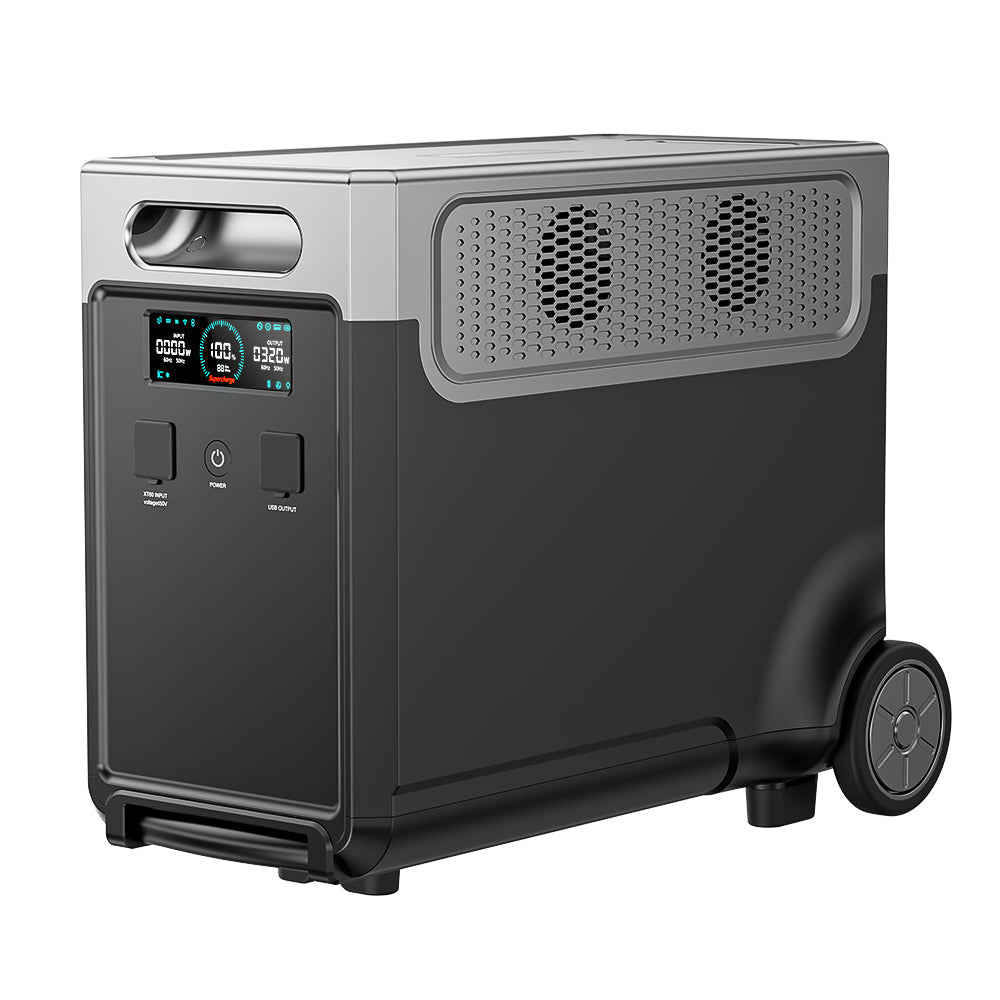
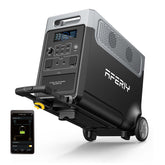
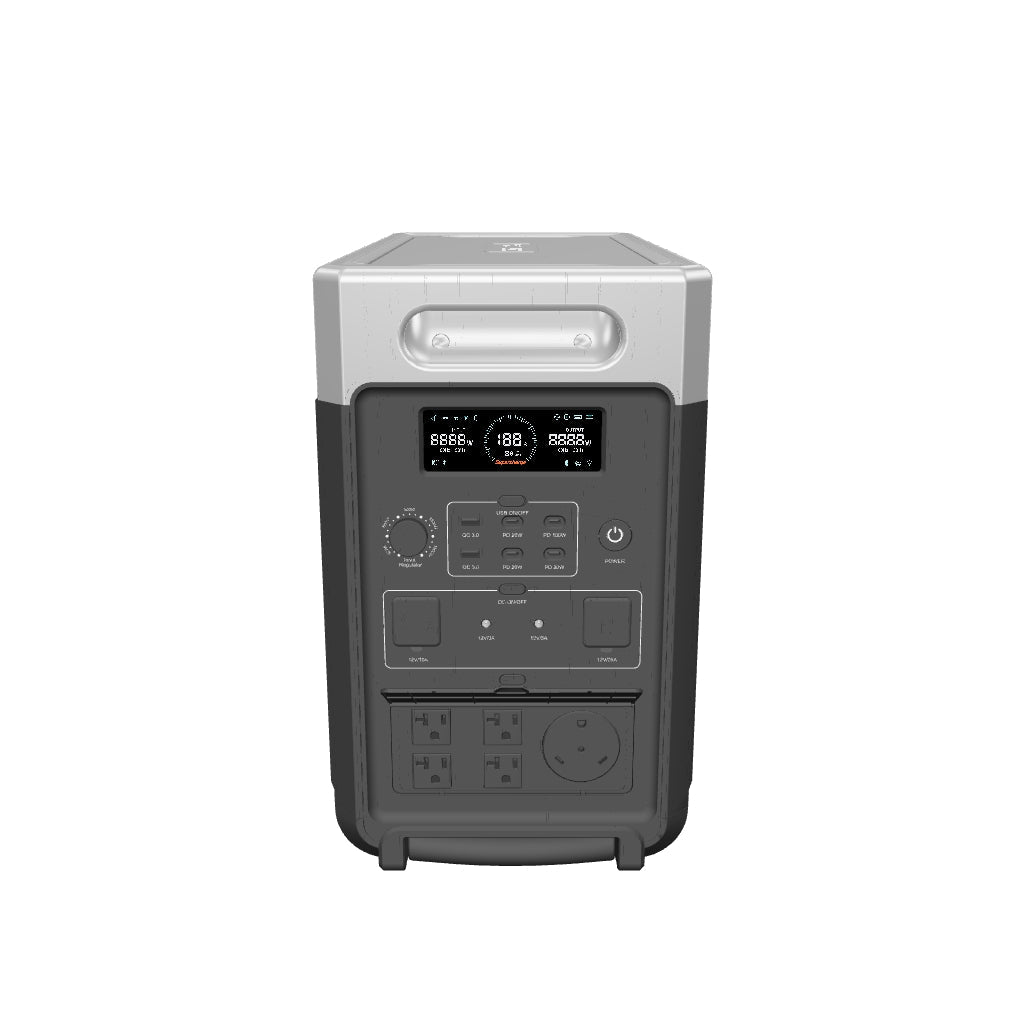
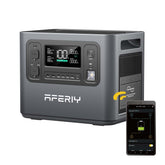
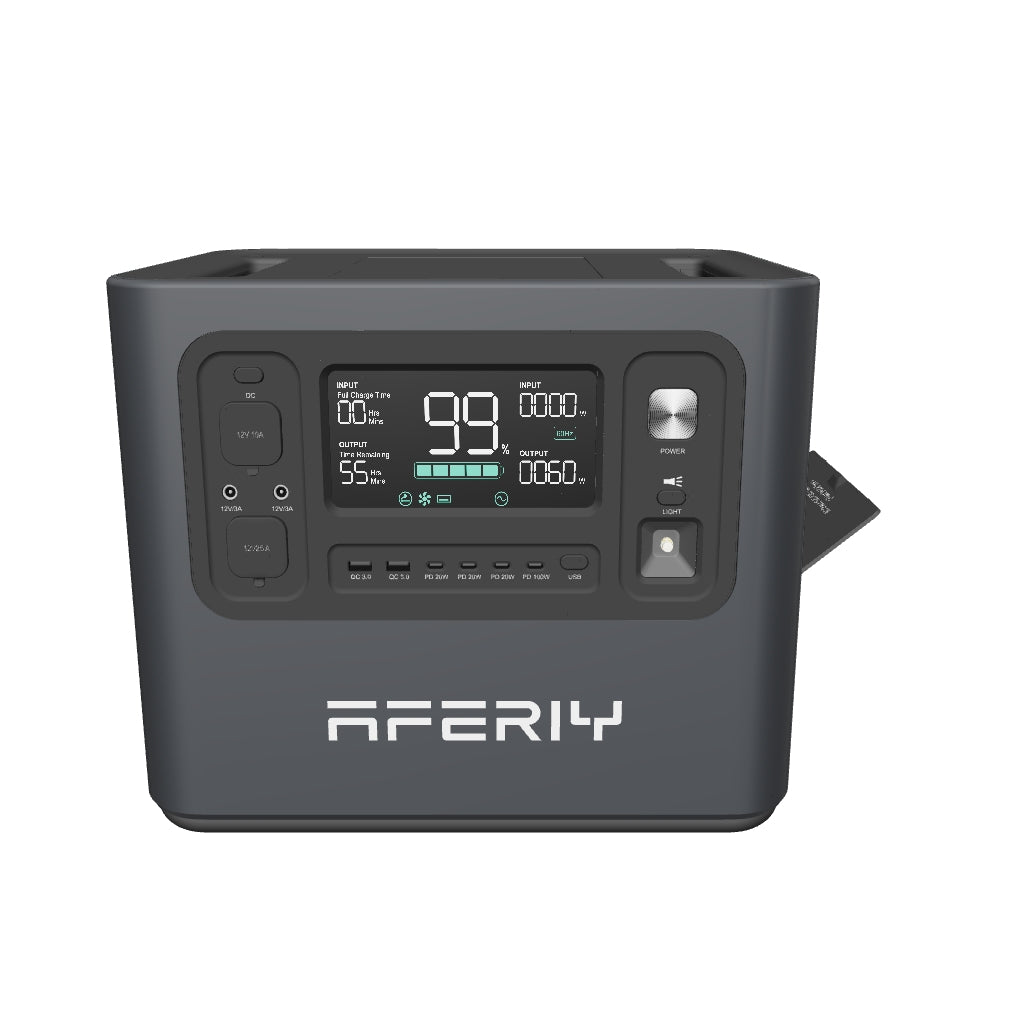
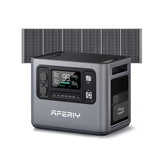

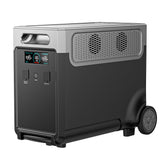

Leave a comment
Please note, comments need to be approved before they are published.